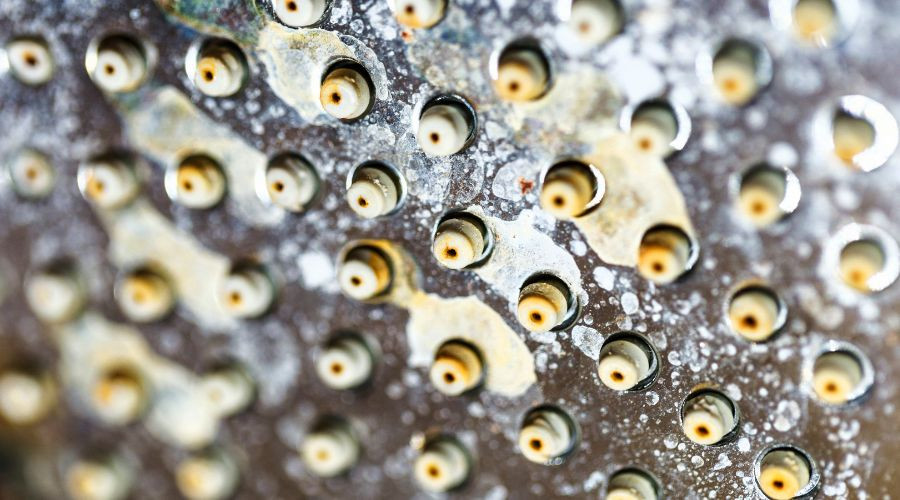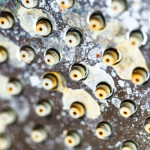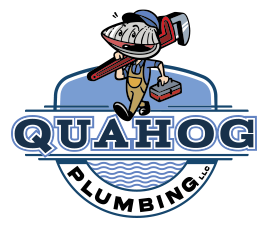What Is Hard Water?
Many people have heard of hard water but may not fully understand it or why it can be problematic. Hard water is essentially water with a high concentration of naturally occurring minerals, particularly calcium and magnesium. These minerals are picked up as water flows through geological formations and remain present even after water treatment.
When mineral concentrations are high enough, minerals can precipitate out of the water, forming a scale that can damage plumbing systems. Even at lower concentrations, hard water can interfere with cleaning and rinsing, reducing its effectiveness. Fortunately, managing hard water is straightforward with a water softener.
How Do Water Softeners Work?
 Water softeners are devices designed to remove the minerals that cause hard water. They operate using a resin bed that performs ion exchange, replacing calcium and magnesium ions with harmless sodium ions as water passes through.
Water softeners are devices designed to remove the minerals that cause hard water. They operate using a resin bed that performs ion exchange, replacing calcium and magnesium ions with harmless sodium ions as water passes through.
A typical water softener consists of two main components:
- Resin Tank: Where the ion exchange occurs to soften the water.
- Brine Tank: Used to regenerate the resin when it becomes saturated with calcium and magnesium.
Water softeners require minimal space and operate automatically, making them convenient for homeowners. Maintenance is simple and involves periodically refilling the brine tank with salt, which can be done quickly.
Signs Your Home Has Hard Water
 If you suspect your home has hard water, look for these common signs:
If you suspect your home has hard water, look for these common signs:
- Dry, itchy skin and dull hair due to soap residue that doesn’t rinse away completely.
- White, chalky buildup on faucets and showerheads caused by mineral deposits.
- Clogged pipes and poor water pressure are a problem.
- Faded, worn-out clothing that loses its vibrancy quickly.
- Spots on dishes after washing.
These signs indicate that hard water may negatively impact your home’s plumbing, appliances, and overall water quality.
The Perks of Installing a Water Softener
A whole-home water softener can provide numerous benefits, making it a worthwhile investment for households dealing with hard water. Some advantages include:
- Healthier skin and hair: Soft water rinses away soap and shampoo completely, leaving skin and hair clean and moisturized.
- Longer-lasting plumbing and appliances: Water softeners reduce wear and tear on pipes, water heaters, and other appliances by preventing mineral buildup so they last longer.
- More efficient appliances: Softened water also helps appliances like water heaters, dishwashers, and washing machines operate more efficiently, saving money.
- Vibrant, longer-lasting clothing: Clothes stay colorful longer and feel softer after washing.
- Spot-free dishes: Say goodbye to chalky residue on glassware and utensils after being washed in the dishwasher.
Homeowners can protect their plumbing, save money on repairs, and get many more benefits by installing a water softener. If you suspect hard water affects your home, don’t wait for the damage to worsen.
Contact a trusted plumber to assess your water quality and recommend the right water softener for your household. A water softener is a low-maintenance solution that can significantly benefit a household.
About Quahog Plumbing
Quahog Plumbing is a full-service plumbing contractor dedicated to improving water quality for homeowners in Somerset, MA. Their skilled team offers top-notch customer service, same-day service, and straightforward pricing on any project. Contact them for water softener installation and services in Somerset, MA.






